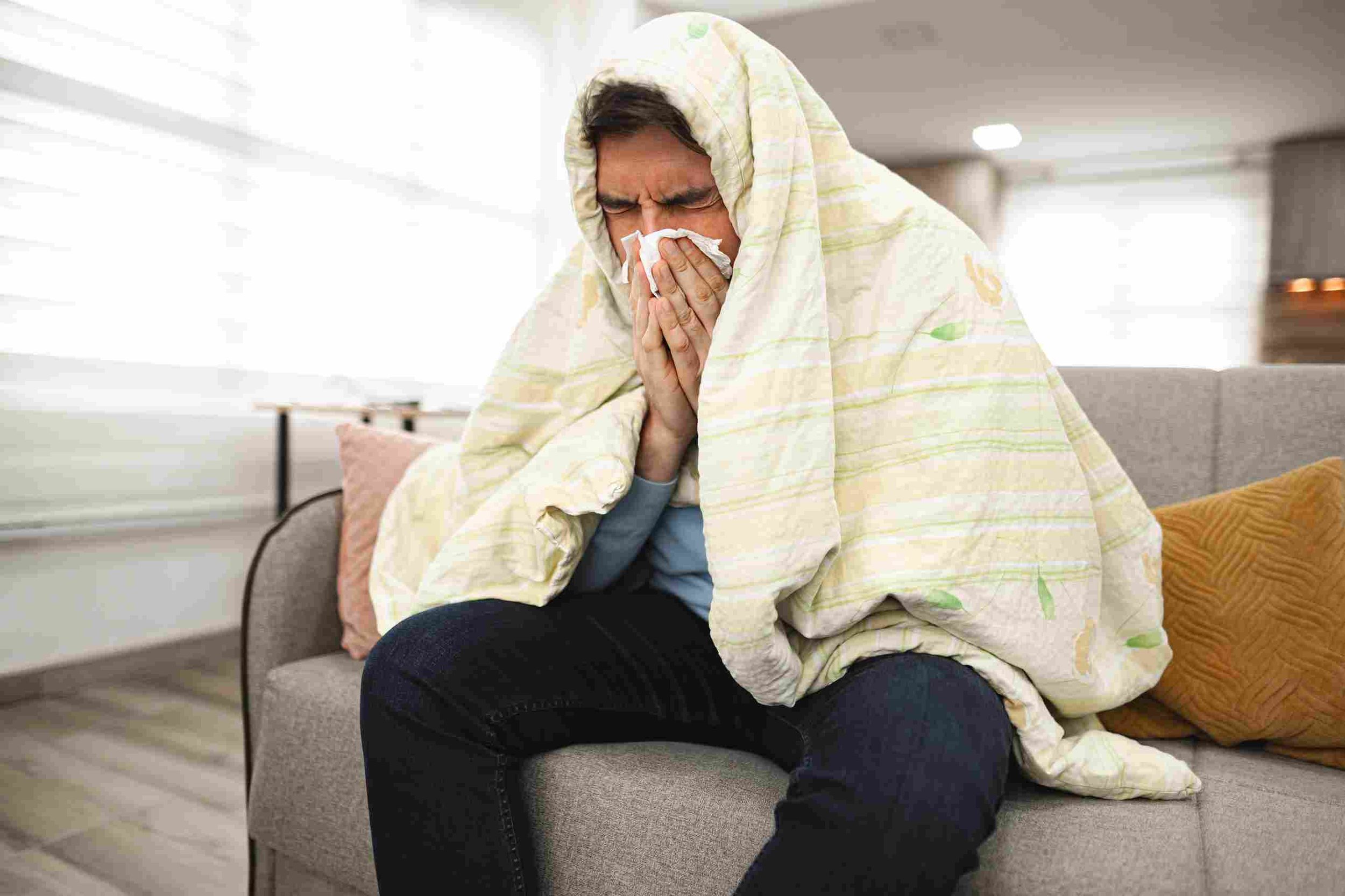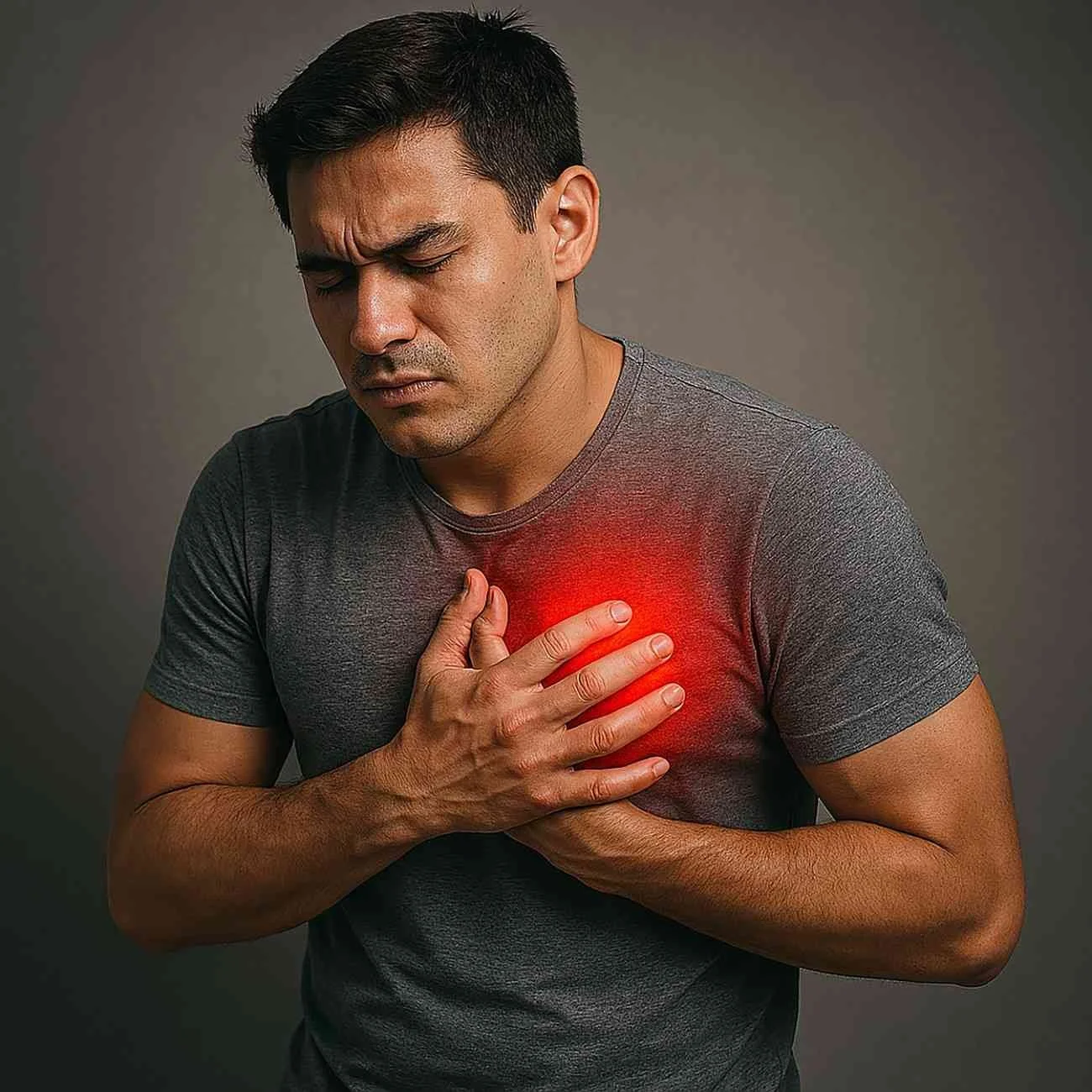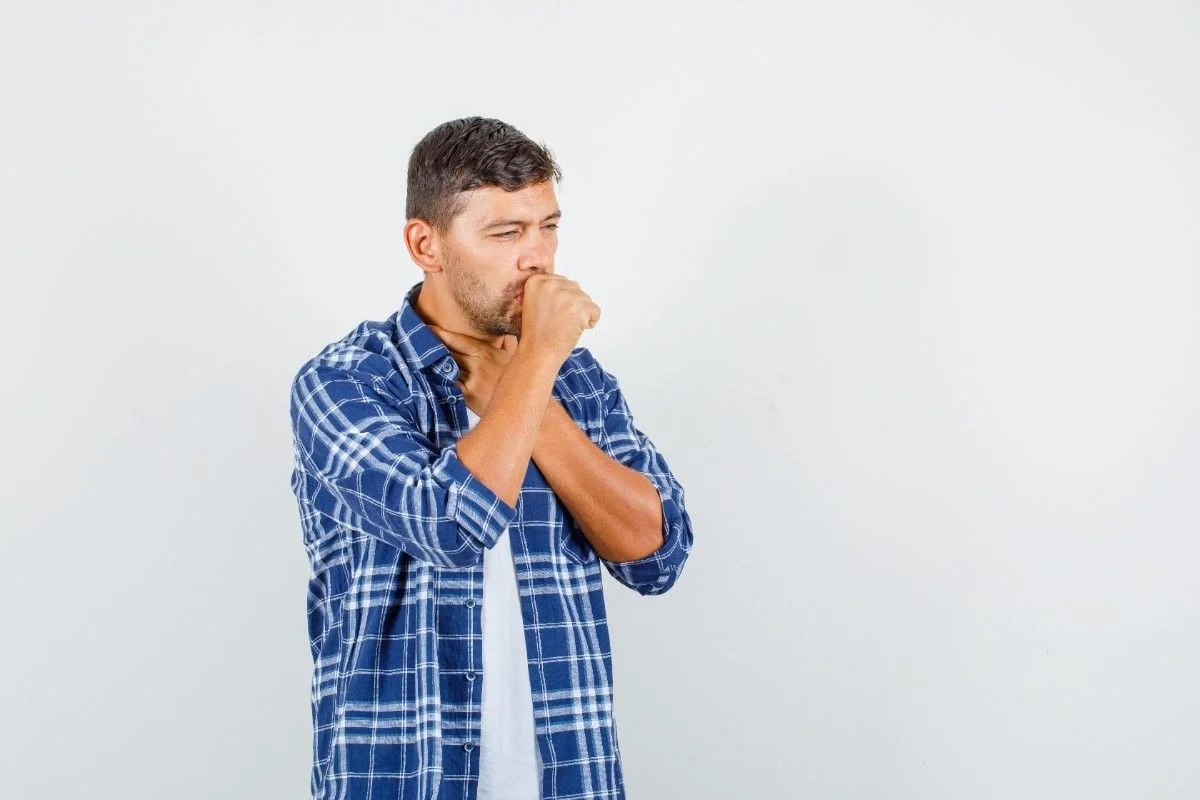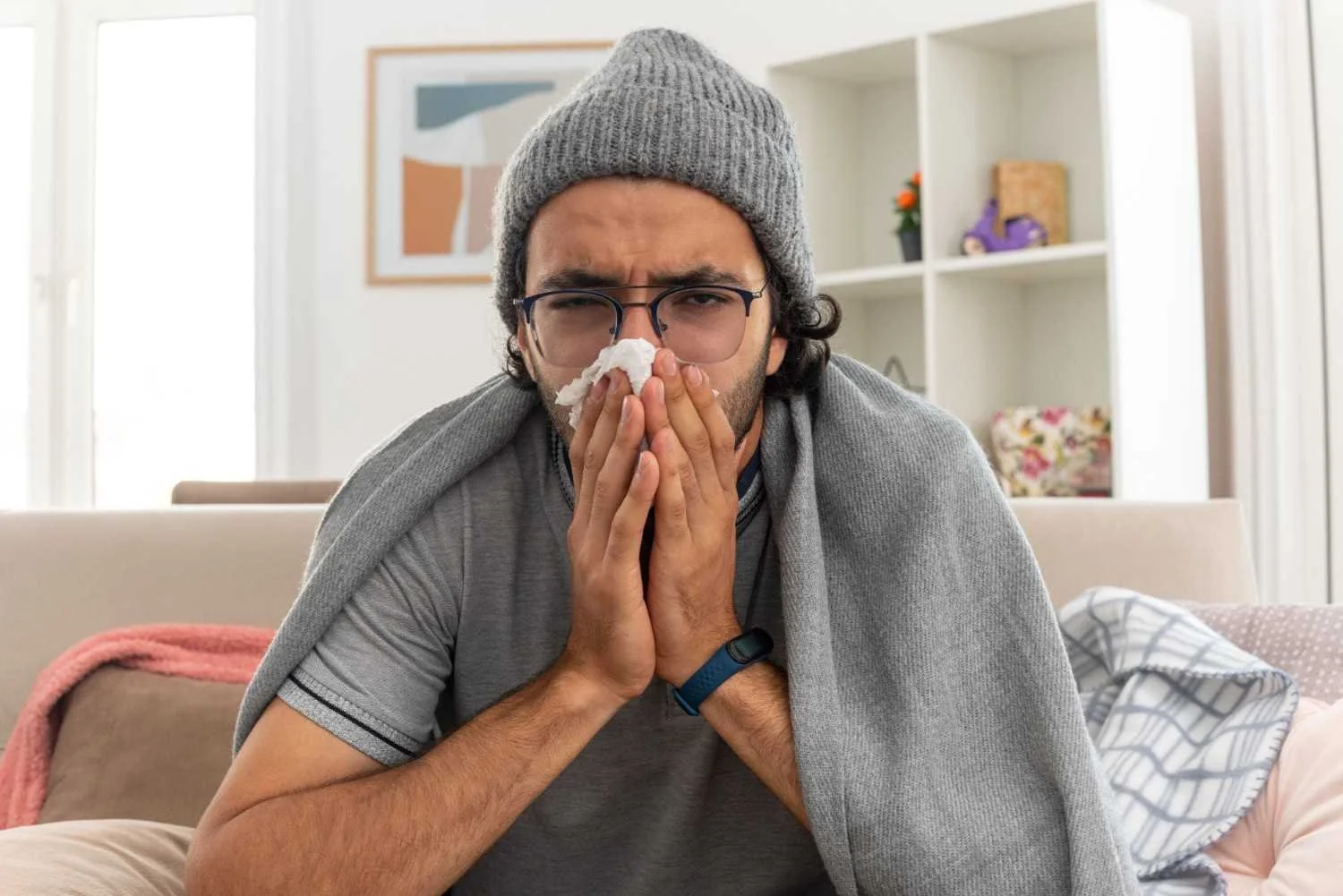How Weather Changes Trigger Cold and What You Can Do About It?
Seasonal shifts bring pleasant breezes and welcome relief, but they can also set the stage for cold and flu. Many people notice that when the weather changes—whether from warm to cold or vice versa—cold and flu symptoms like runny nose, sore throat, and sneezing become more common. Understanding how these changes affect your body and what you can do to stay healthy is the first step toward prevention and quick recovery.
Why Weather Changes Trigger Cold
Weather changes trigger cold by affecting your body’s natural defenses. Sudden drops in temperature or humidity can dry out the nasal passages, reducing their ability to trap and filter out viruses. This makes it easier for cold viruses, such as rhinoviruses, to invade.
Additionally, cooler weather often keeps people indoors in close contact, increasing the spread of respiratory viruses. The immune system may also become less effective with reduced exposure to sunlight and lower vitamin D levels during colder months.
Cold and Flu Difference: Know the Signs
It’s important to understand the cold and flu difference, as both share similar symptoms but vary in severity and treatment needs.
Common Cold: Symptoms include a runny or stuffy nose, sneezing, mild headache, and a low-grade fever. They usually develop gradually.
Flu (Influenza): Symptoms come on suddenly and are more severe. High fever, intense muscle aches, extreme tiredness, and dry cough are typical.
Knowing the difference helps you choose the right cold and flu treatment and decide when to seek medical care.
Home Remedy for Cold and Flu
Many people find relief through simple home remedy for cold and flu practices. Some proven methods include:
Hydration: Drink plenty of warm fluids like herbal tea, soup, or warm water with honey and lemon.
Steam Inhalation: Helps clear nasal passages and soothe throat irritation.
Rest: Adequate sleep allows your body to fight the infection effectively.
Saltwater Gargle: Reduces throat discomfort and helps kill germs.
While home remedies can ease symptoms, they are supportive measures and not a cure. Persistent or severe symptoms may require professional care.
Effective Cold and Flu Treatment
Most colds resolve on their own within 7–10 days. Over-the-counter medicines can relieve headaches, fever, and congestion. For flu, antiviral medicines may be prescribed within the first 48 hours of symptoms to reduce the severity and duration.
You should see a doctor if you experience high fever for more than three days, difficulty breathing, chest pain, or if symptoms worsen instead of improving. Early medical intervention can prevent complications such as sinus infections or bronchitis.
When to See a Doctor
Seek medical attention if you have:
High fever above 102°F (38.9°C)
Severe sore throat or ear pain
Shortness of breath or chest discomfort
Symptoms lasting beyond 10 days
Children, elderly individuals, and those with chronic illnesses are at higher risk for complications and should be extra cautious.
Expert Care at JMCH Jodhpur
For residents of Jodhpur seeking trusted healthcare, Jiet Medical College & Hospital (JMCH) provides expert care for seasonal illnesses. Their experienced doctors offer comprehensive opd treatment in jodhpur for cold and flu, ensuring accurate diagnosis and effective treatment plans. Whether you need advanced medical care or guidance for home-based recovery, JMCH is dedicated to helping you stay healthy through every season.




